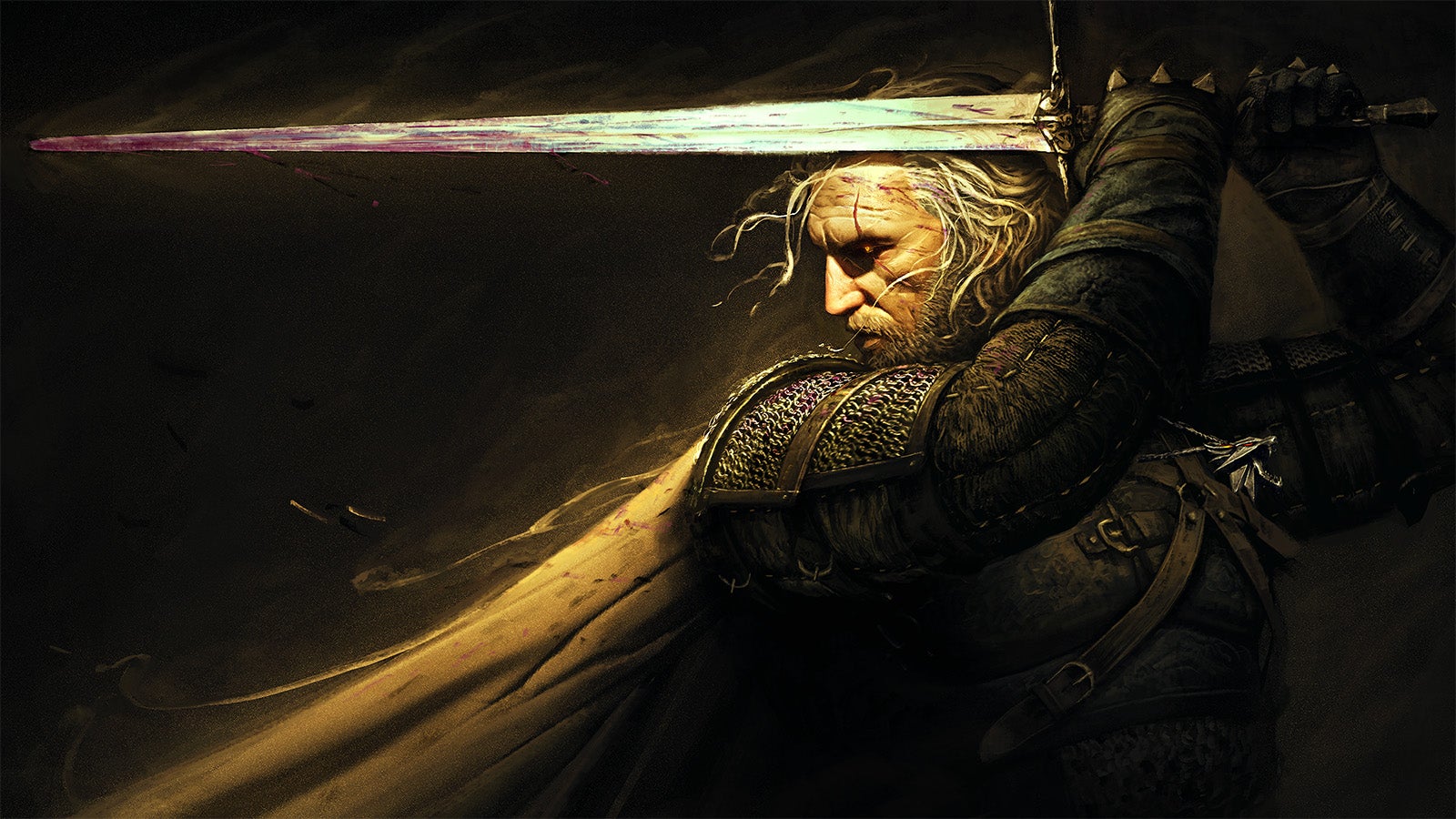Do you remember what you were doing when The Witcher 3: Wild Hunt was released? It came out on 19th May 2015. I remember because I was inside CD Projekt Red at the time, trying to capture the moment for you – a moment I’m unlikely to replicate there or anywhere else. I recall sitting in the studio’s canteen in the small hours of the morning, after a midnight launch event in a mall in Warsaw, chewing on a piece of cold pizza and wondering out loud what would come next for the studio, because at the time, who could know? One era was ending and another was about to begin. Would it bring the fame and fortune CD Projekt Red desired?
Today, more than 60 million sales of The Witcher 3 later, we know the answer is yes. The Witcher 3 became a role-playing classic. It delivered one of the most touchable medieval worlds we’ve explored, a rough place of craggy rocks and craggier faces, of wonky morales and grim realities, of mud and dirtiness. And monsters, though not all were monstrous to look at. It was a world of grey, of superstition and folklore, and in it stood we, a legendary monster hunter, facing seemingly impossible odds. The Witcher 3 took fantasy seriously.
But the decade since the game’s release has been turbulent for CD Projekt Red. The studio launched its big new sci-fi series in 2020 with Cyberpunk 2077, and though the game has now sold more than 30 million copies, making it monetarily a success, it had a nightmarish launch. The PS4 version had to be removed from sale. It brought enormous pressure, growing pains and intense scrutiny to the studio, and CD Projekt Red would spend a further three years patching and updating – and eventually releasing an expansion – before public opinion would mostly turn around.
Today the studio returns to safer ground, back to The Witcher world with the new game The Witcher 4, and as we look forward to it we should also look back, to the game that catapulted the studio to fame, and see what has been learnt.
It all began with naivety, as perhaps any ambitious project should. It’s easy to forget that 14 years ago, when The Witcher 3 was being conceived, CD Projekt Red had never made an open-world game before. The Witcher 1 and The Witcher 2 were linear in their approaches. It’s also easy to forget that the people making the game were 14 years younger and less experienced. Back then, this was the studio’s chance at recognition, so it aimed high in order to be seen. “The Witcher 3 was supposed to be this game that will end all other games,” Marcin Blacha, the lead writer of the game, tells me. Simply make an open-world game that’s also a story-driven game and release it on all platforms at the same time. How hard could it be?
